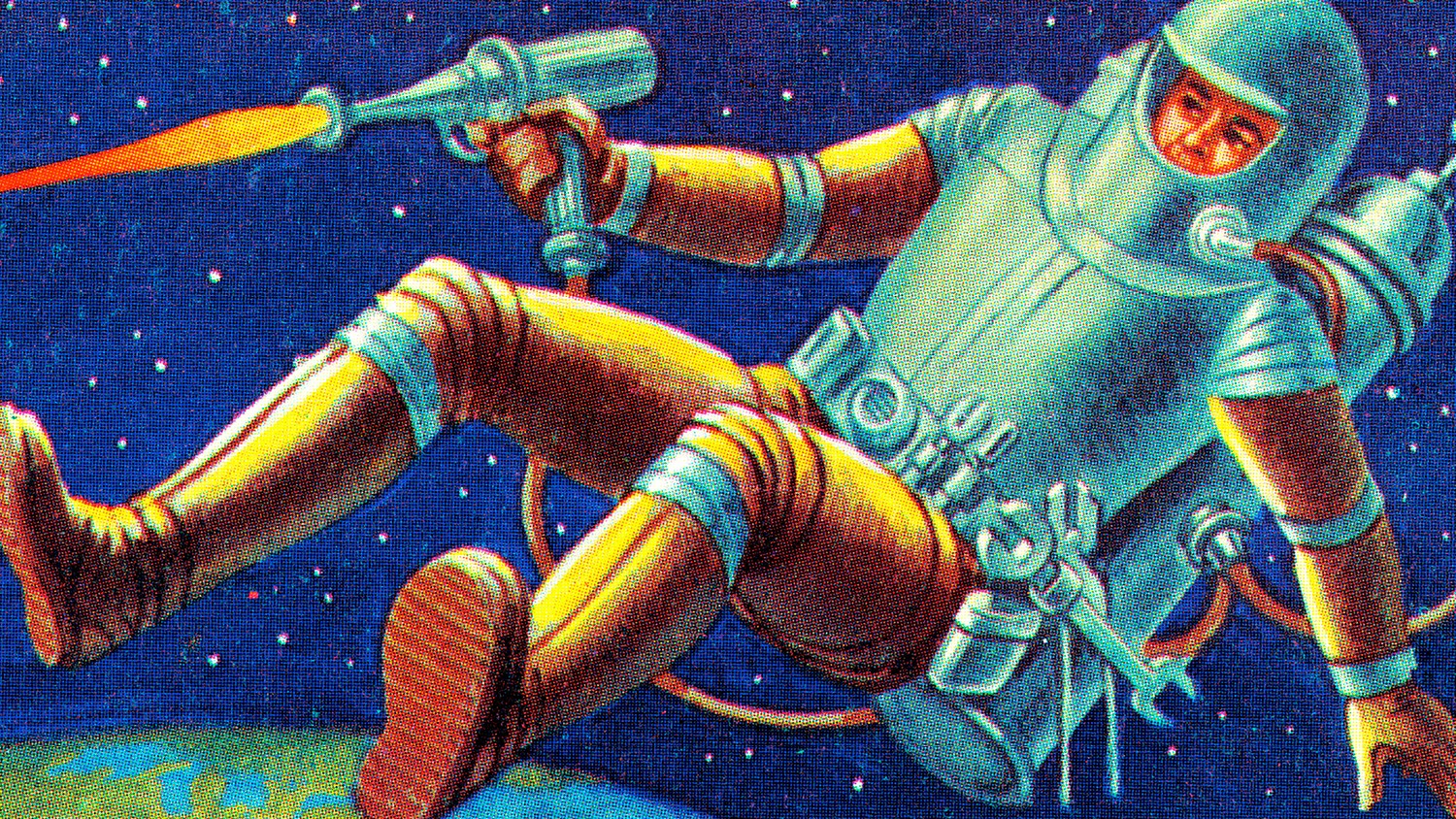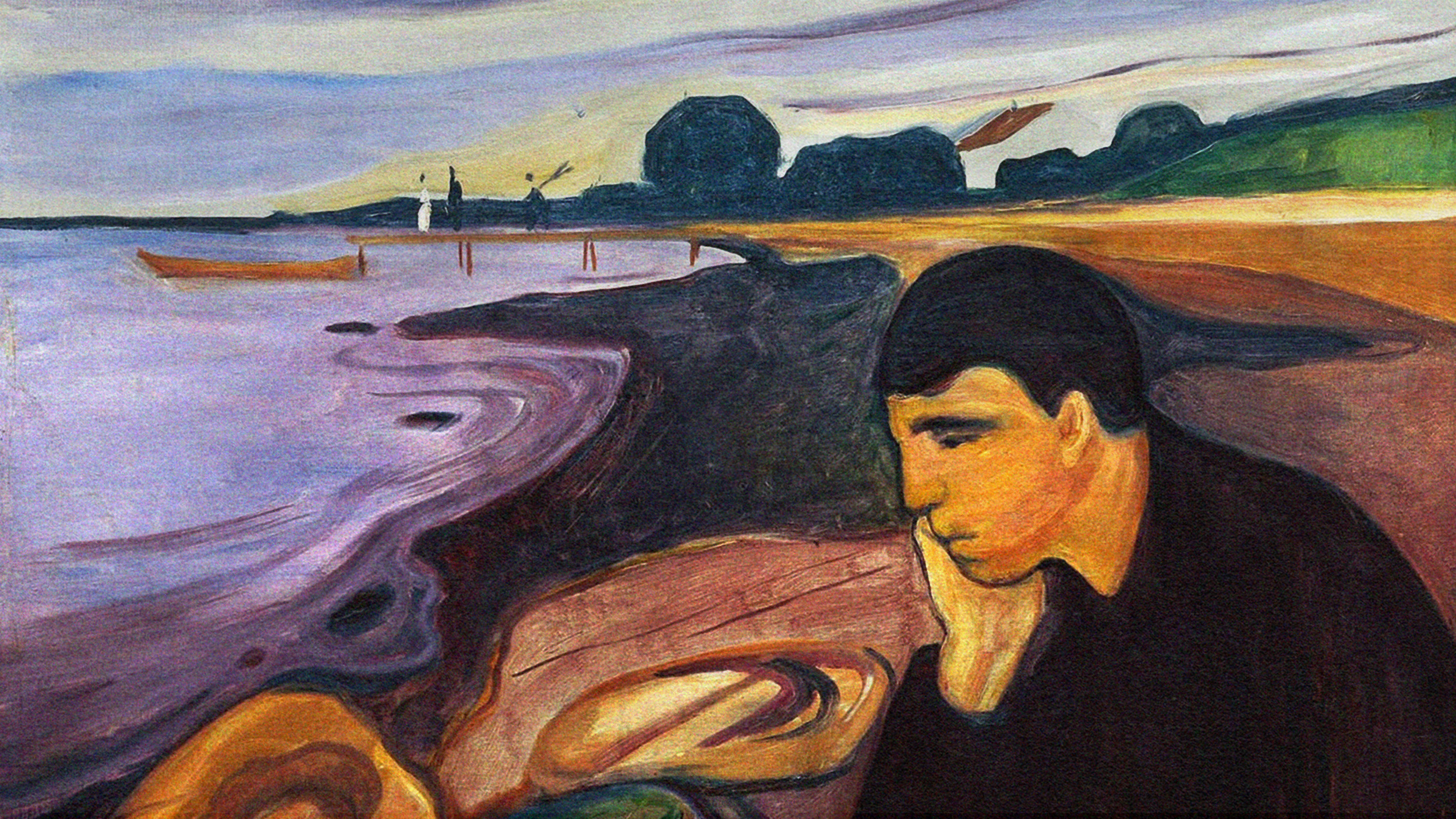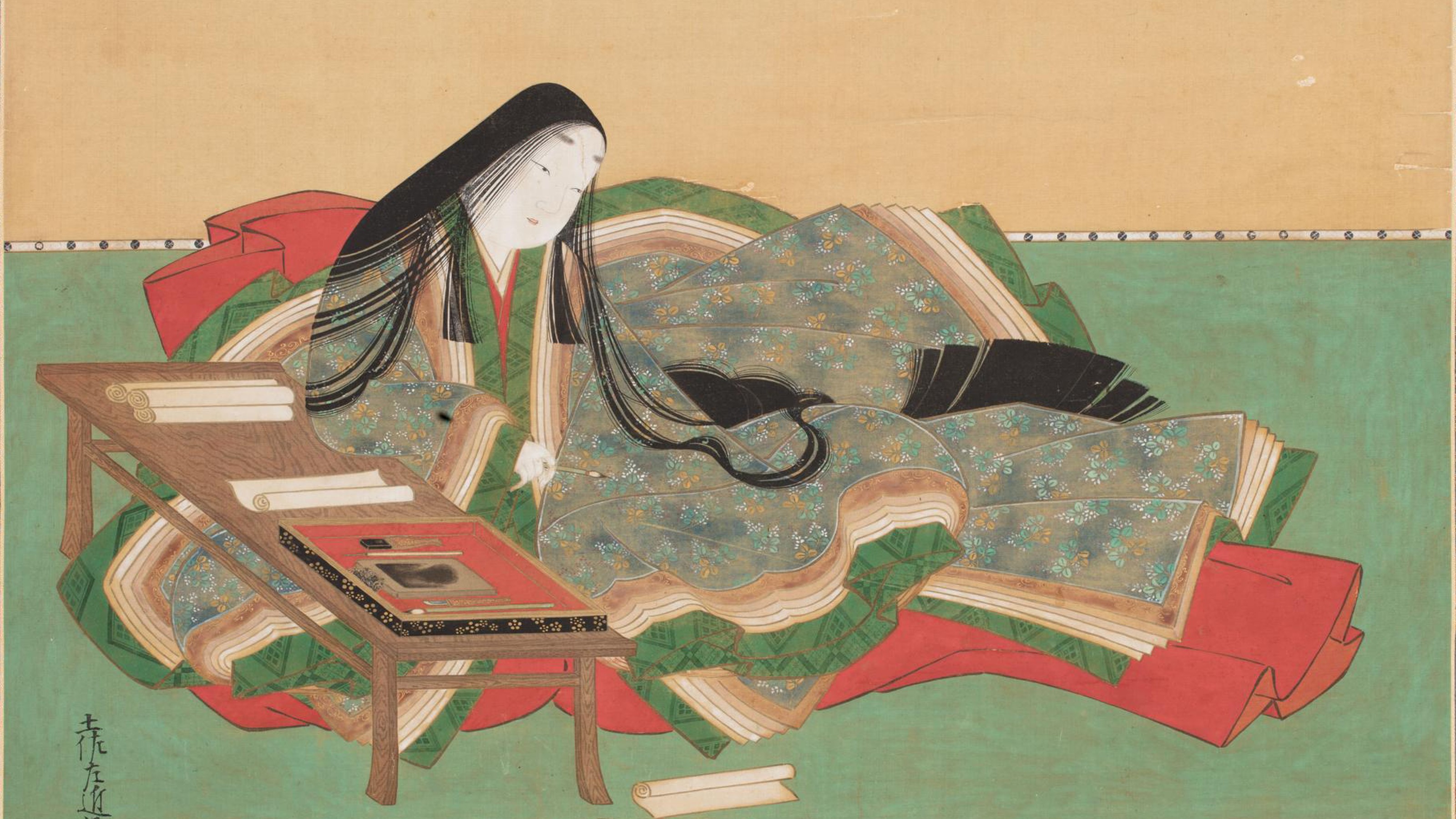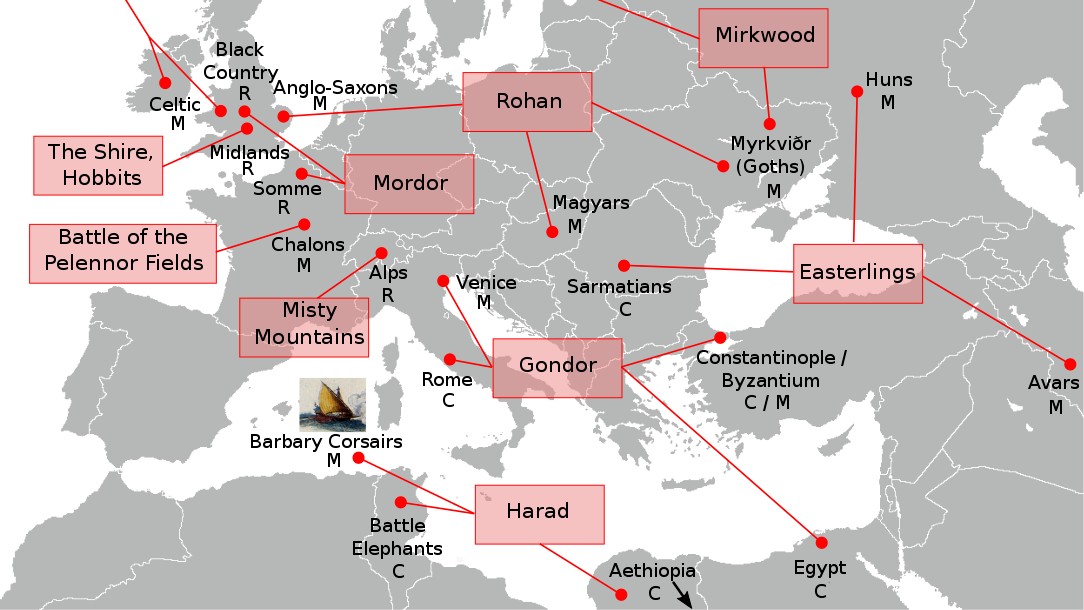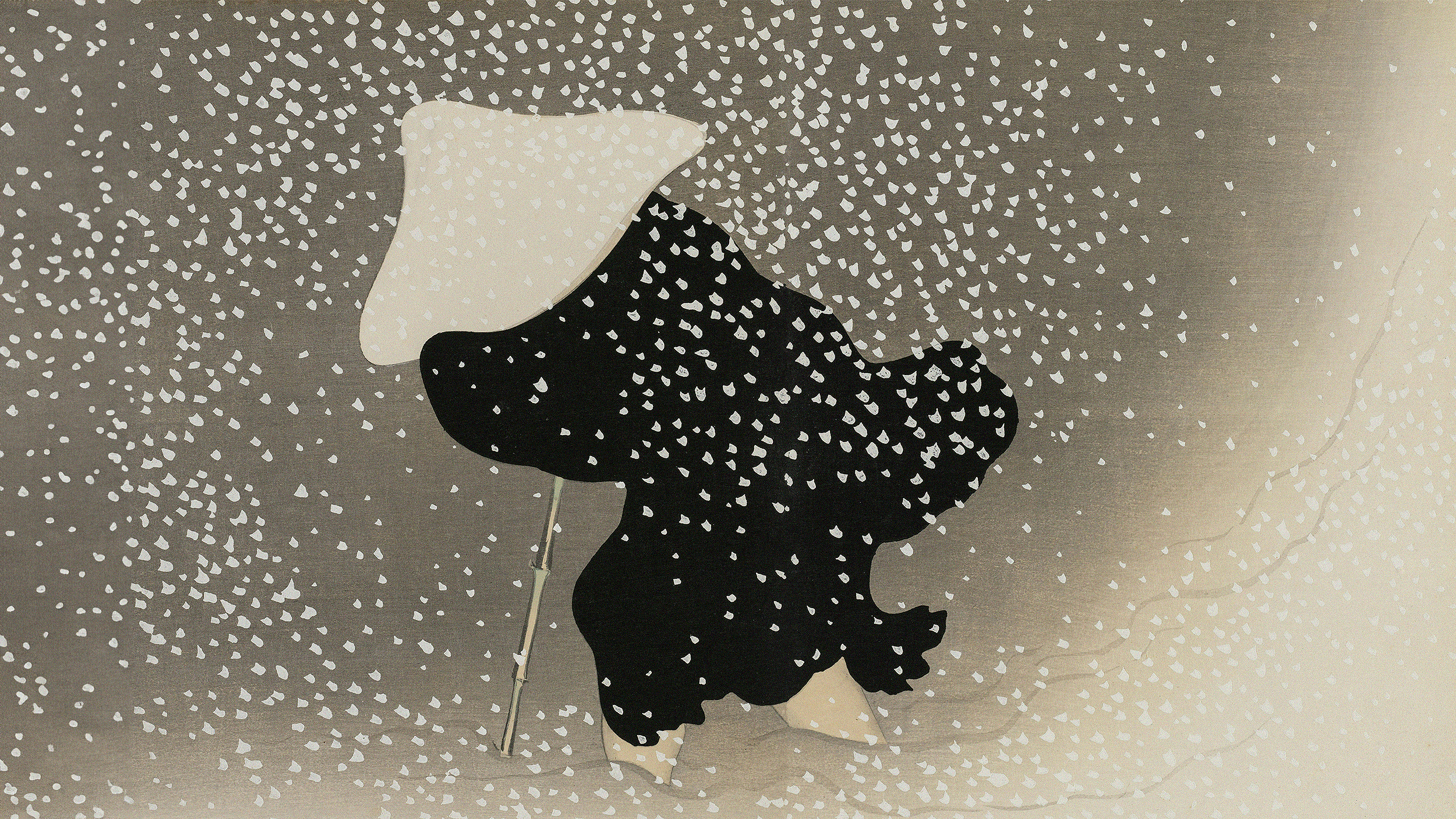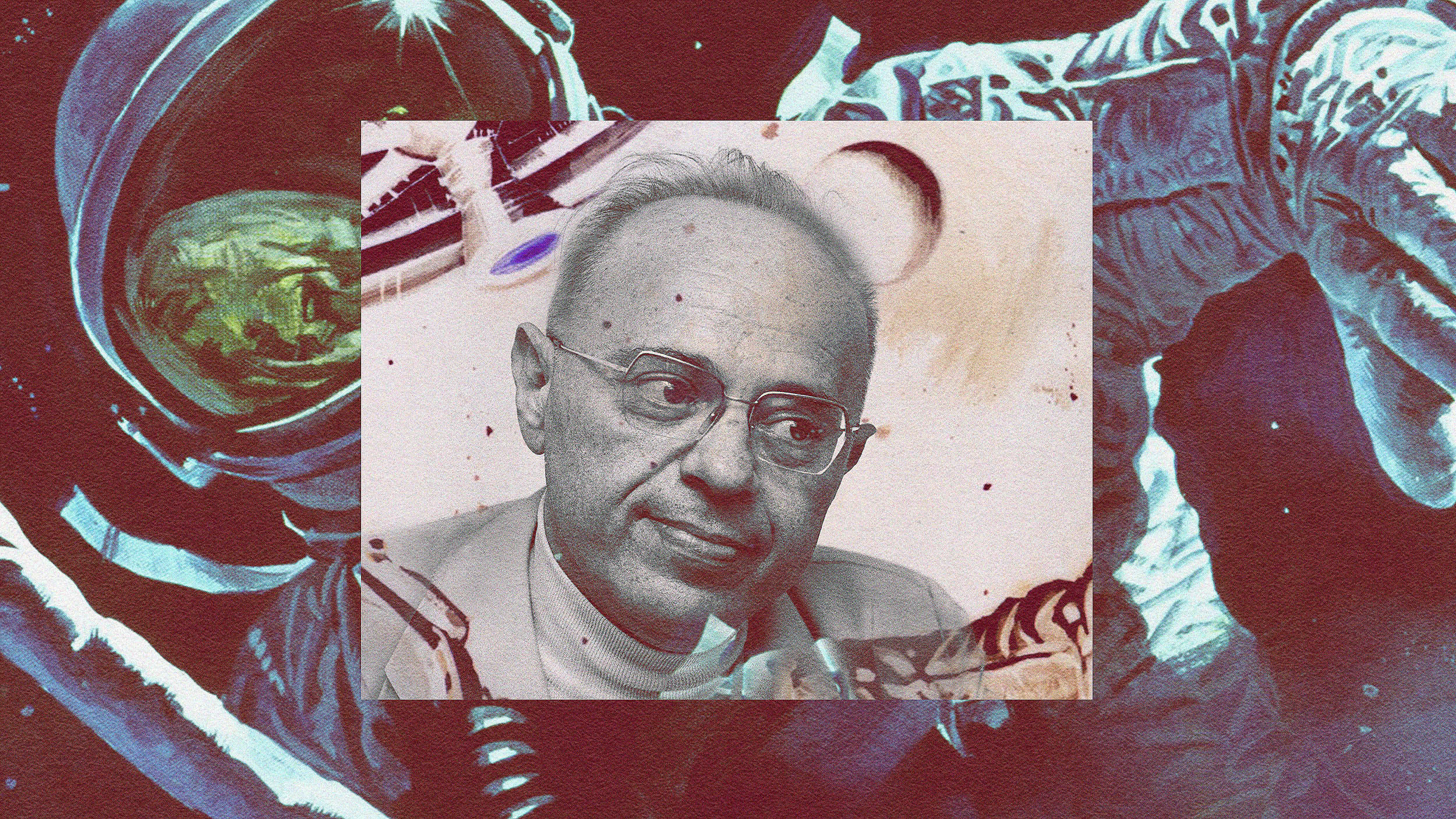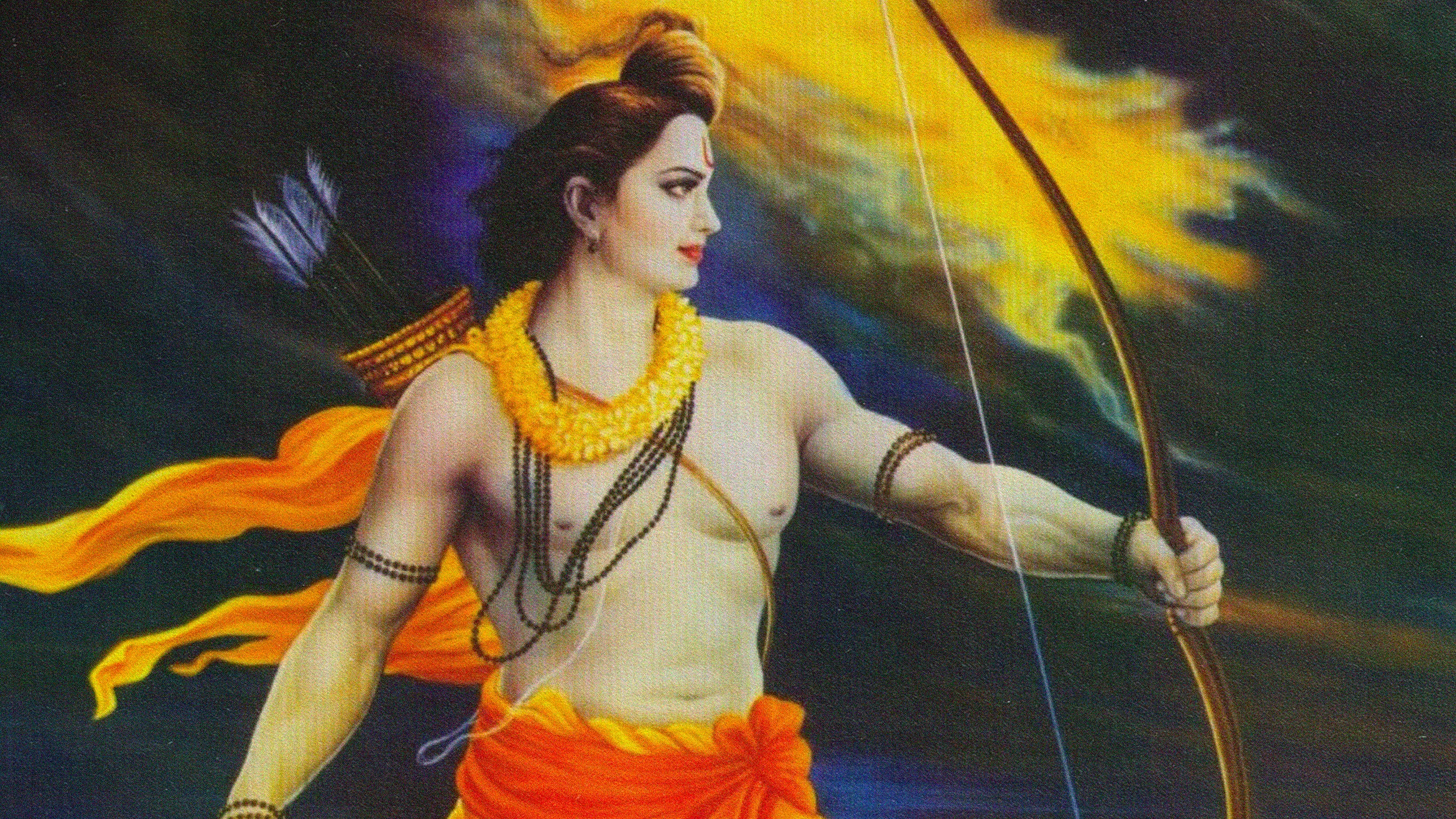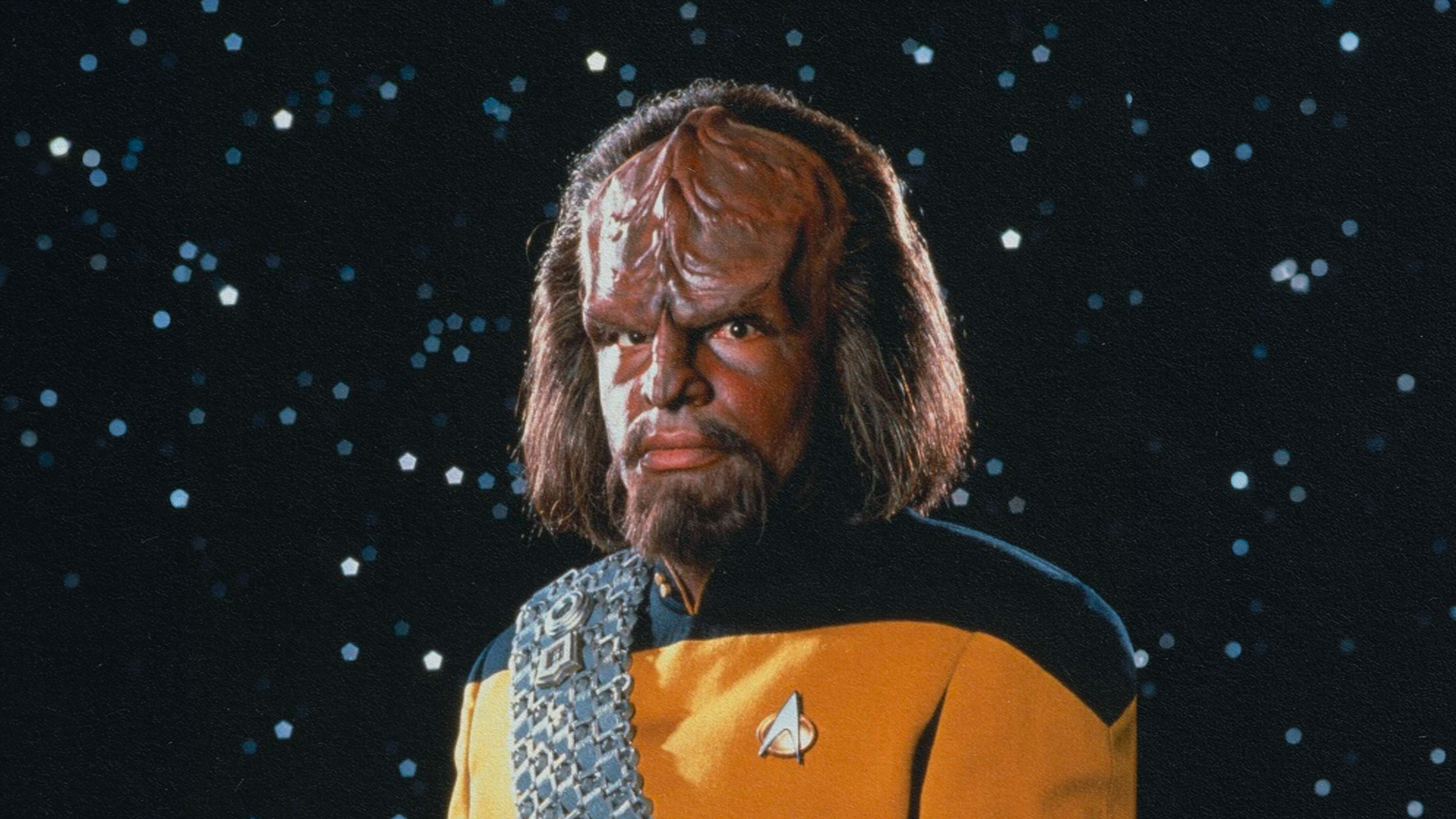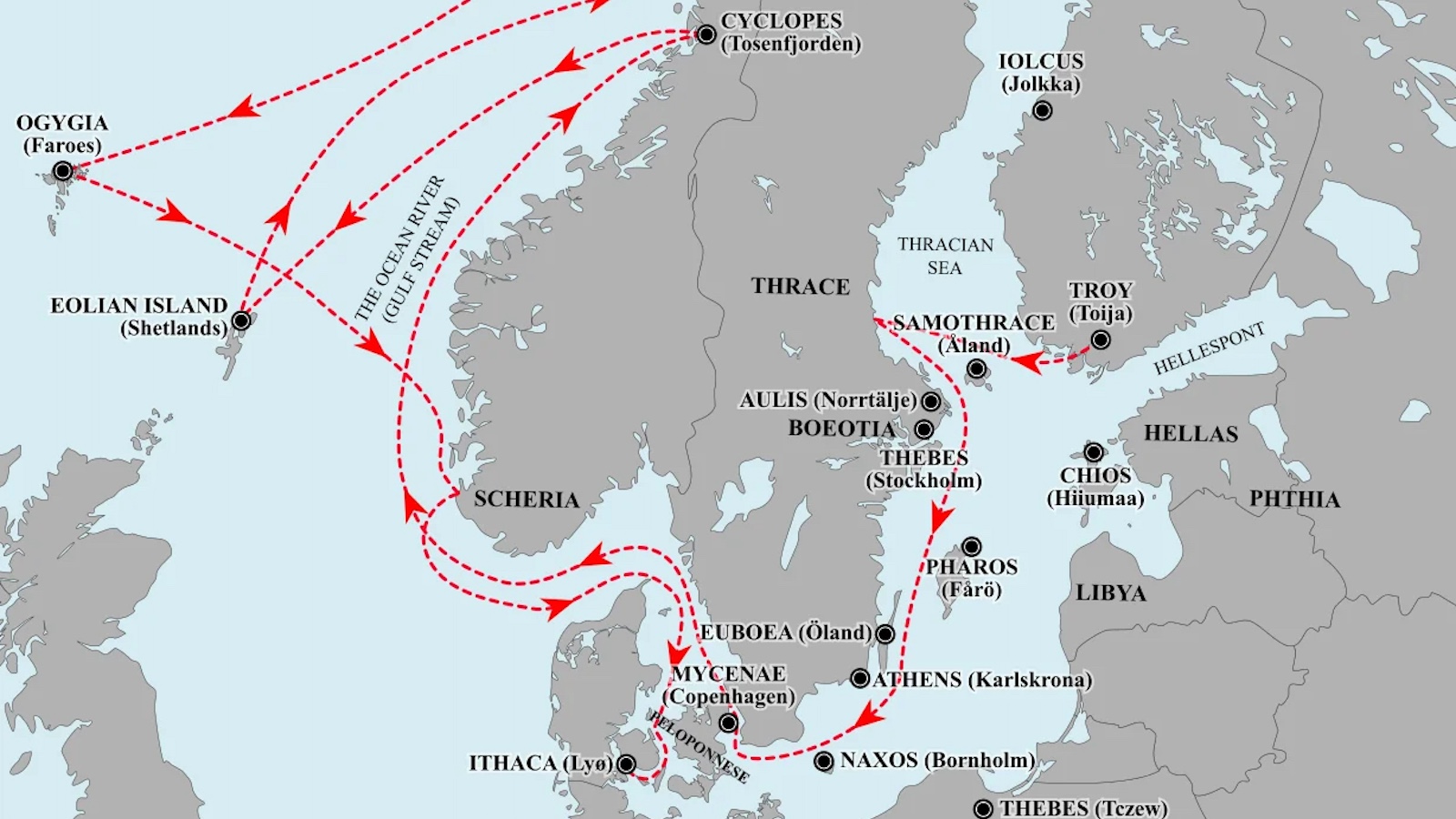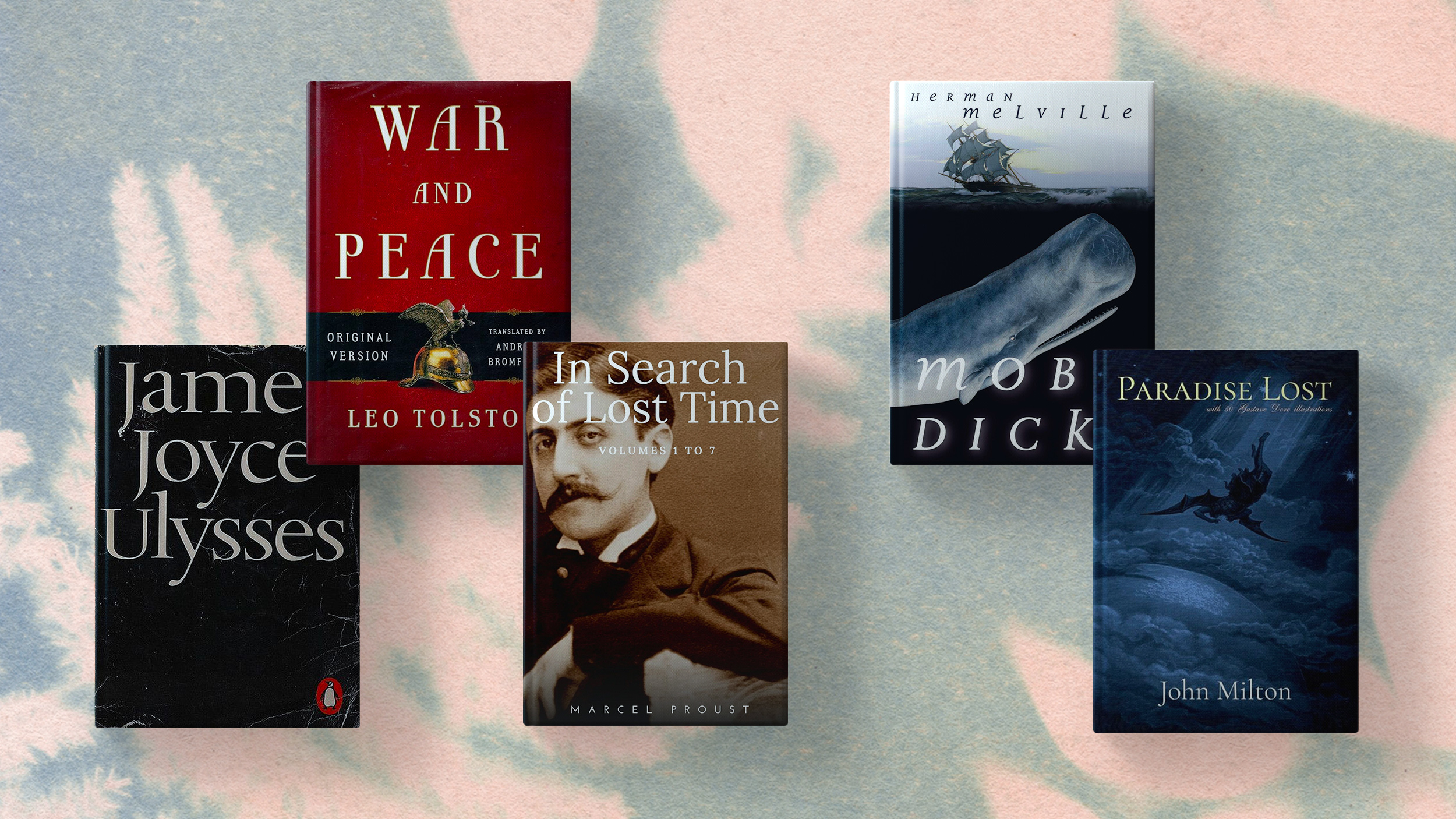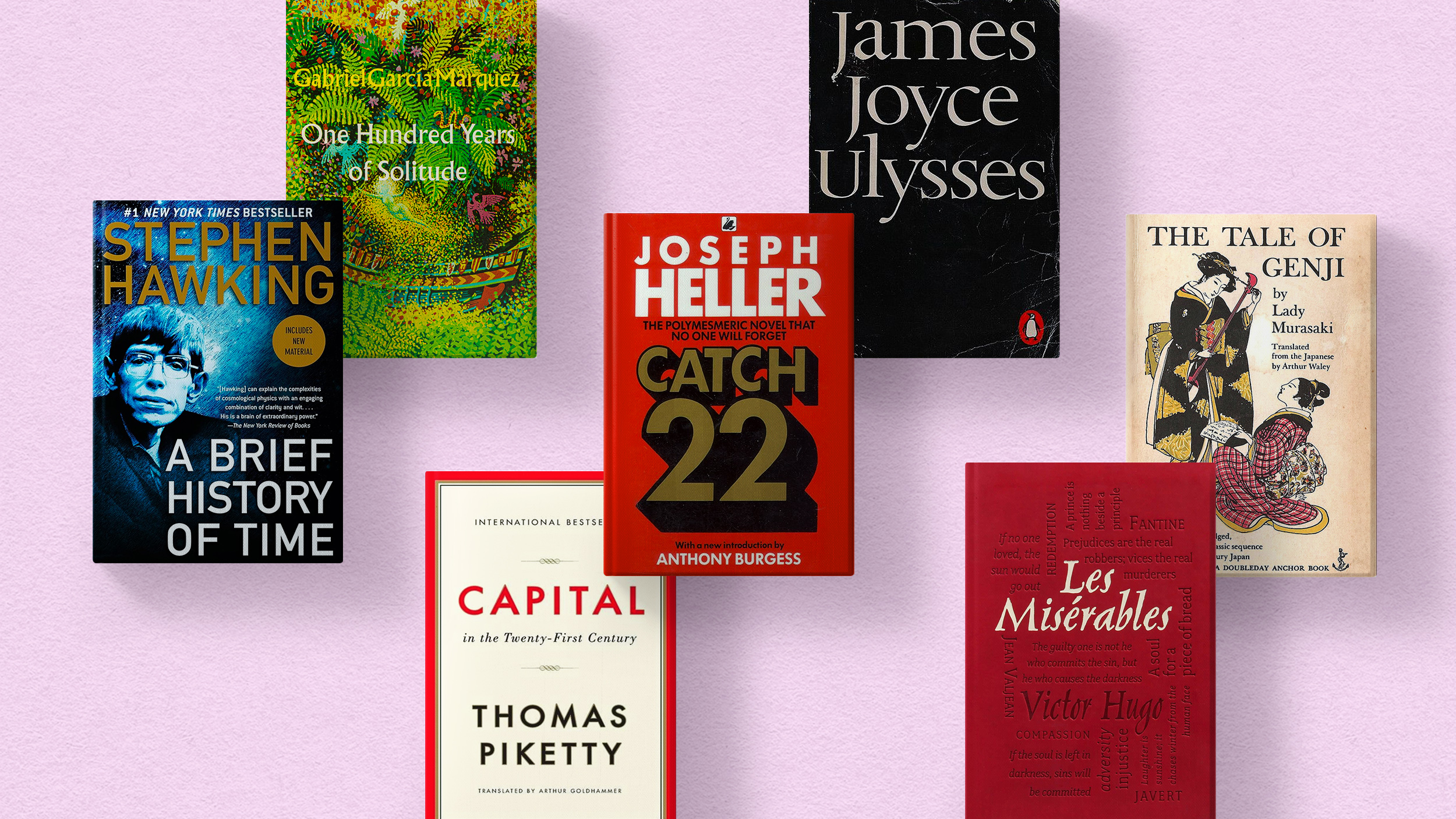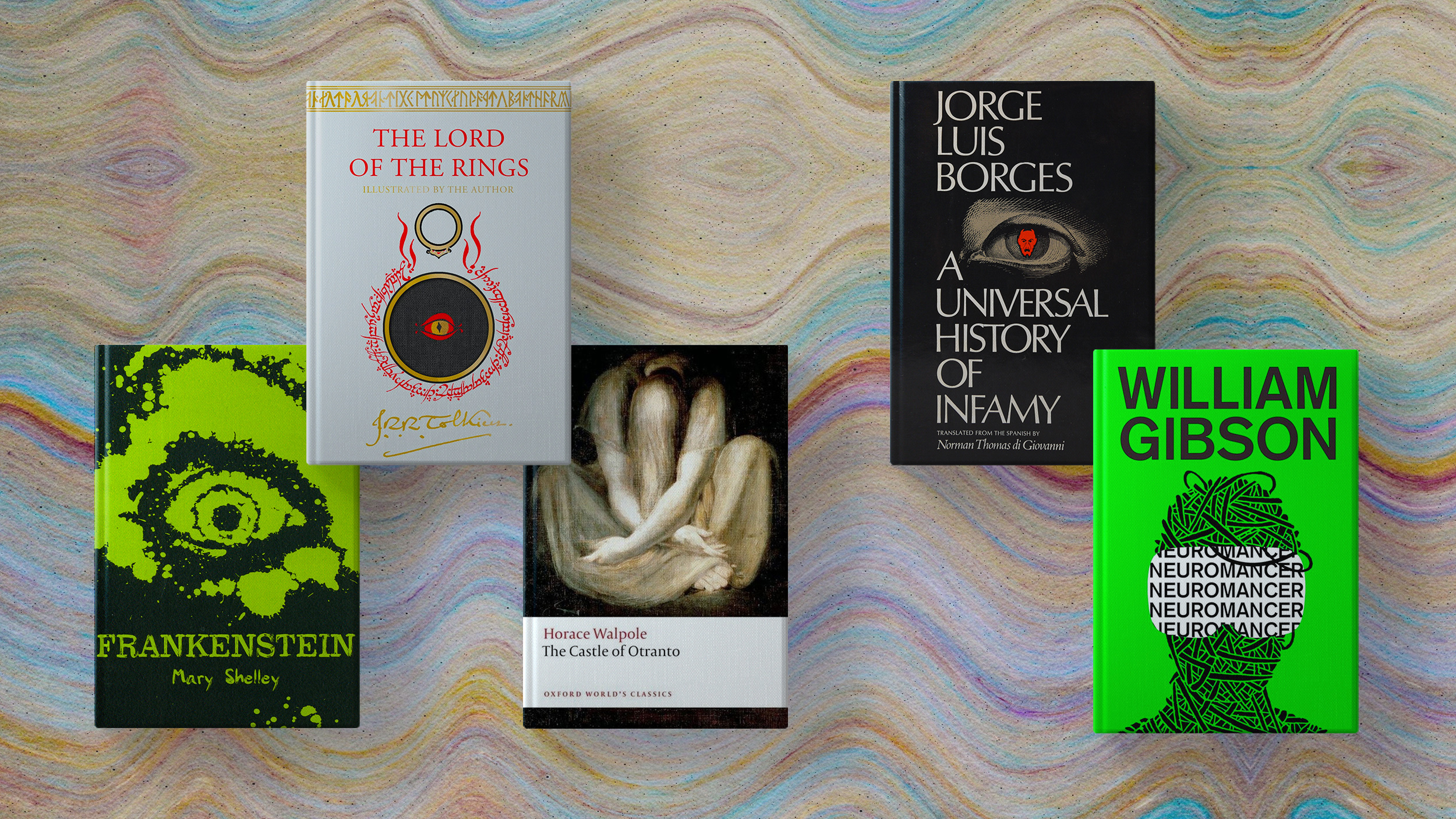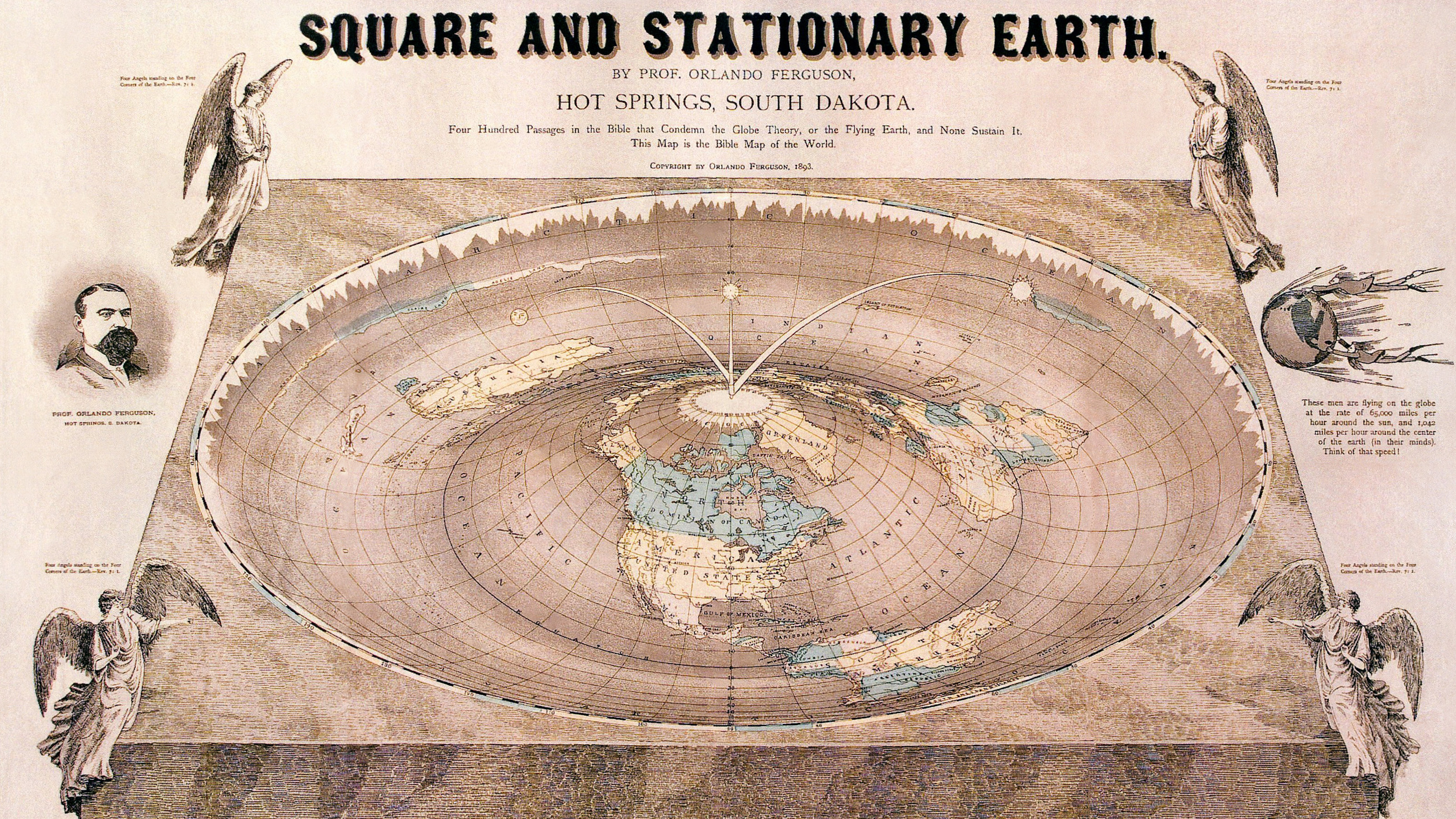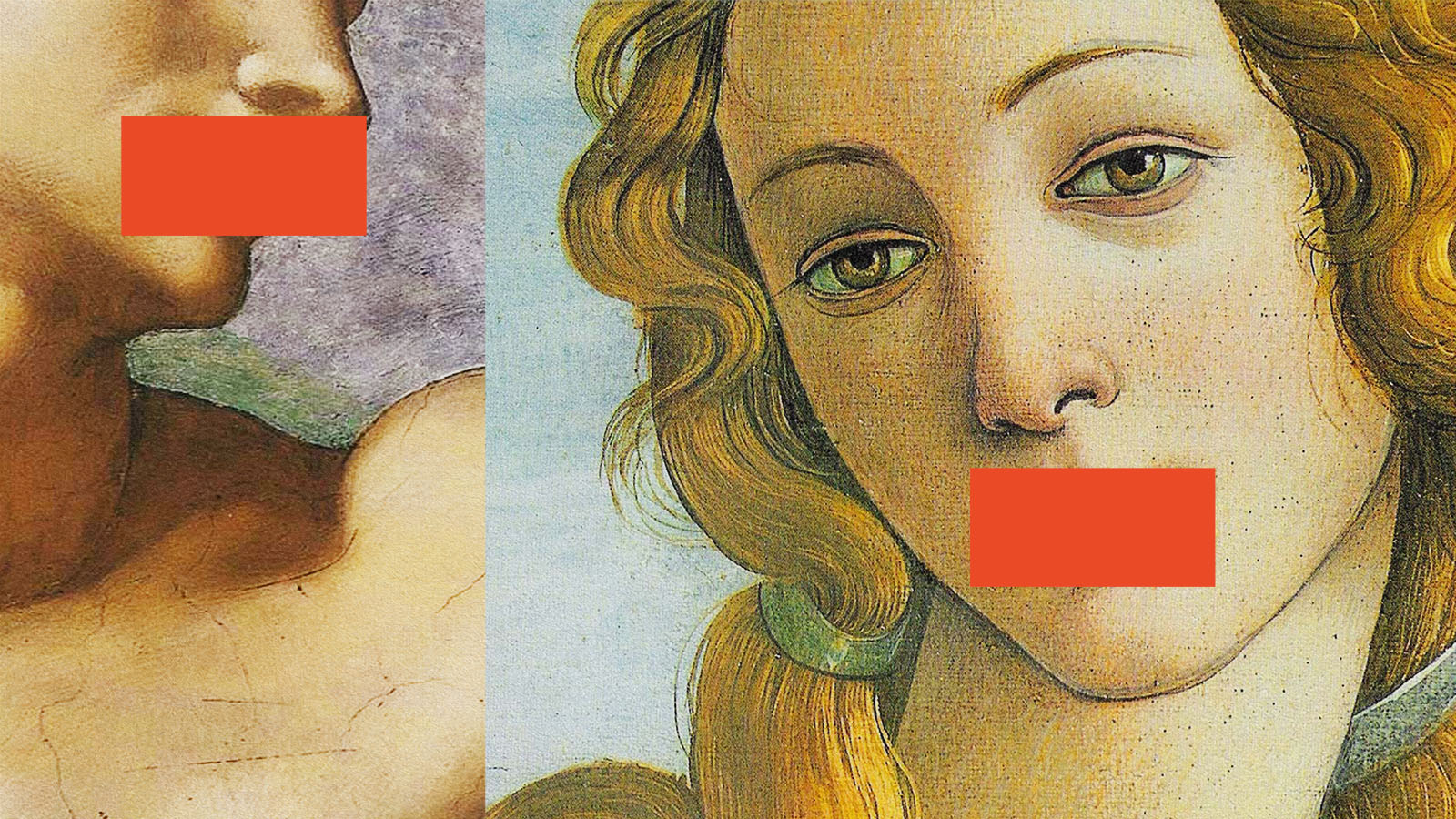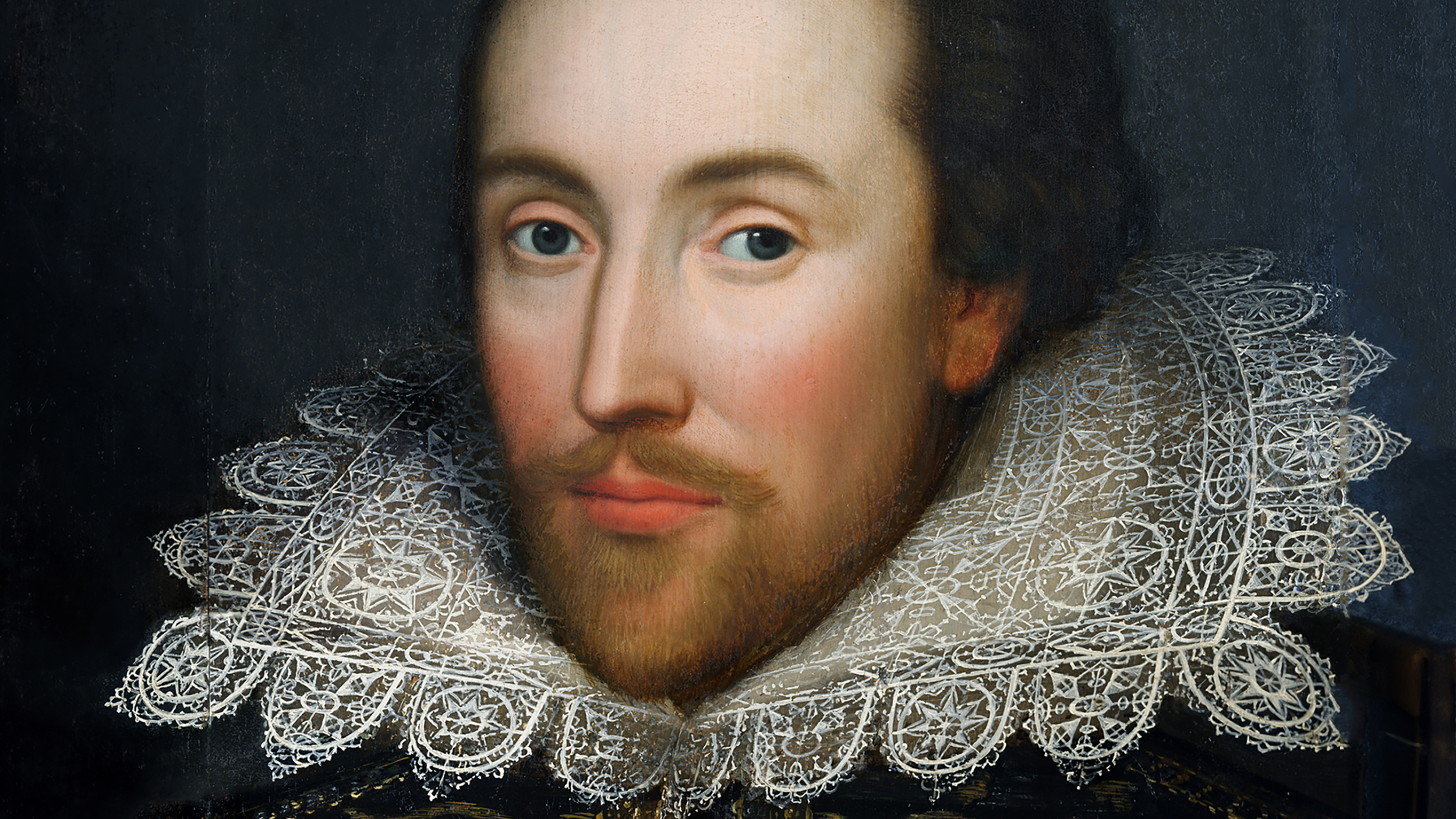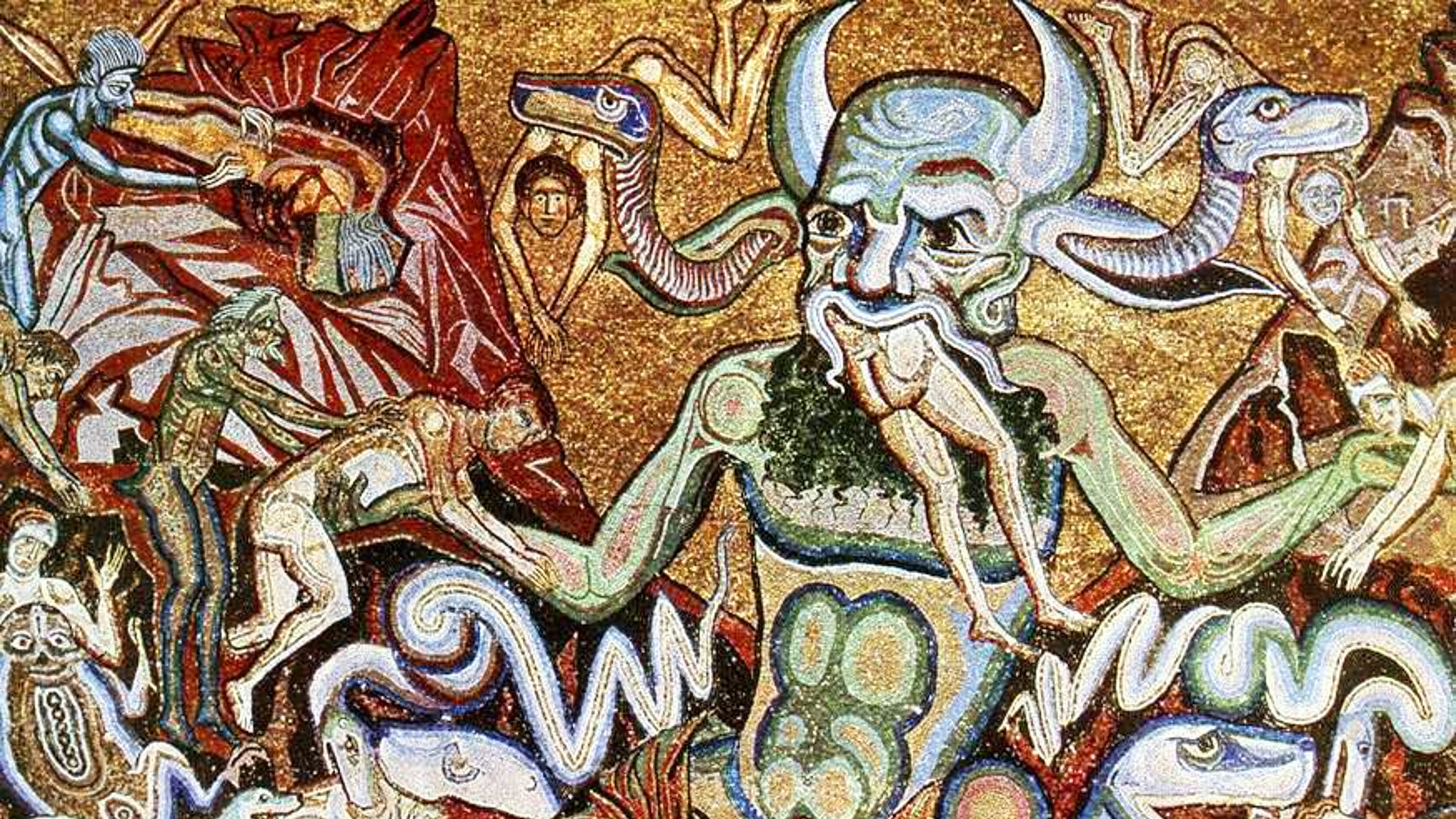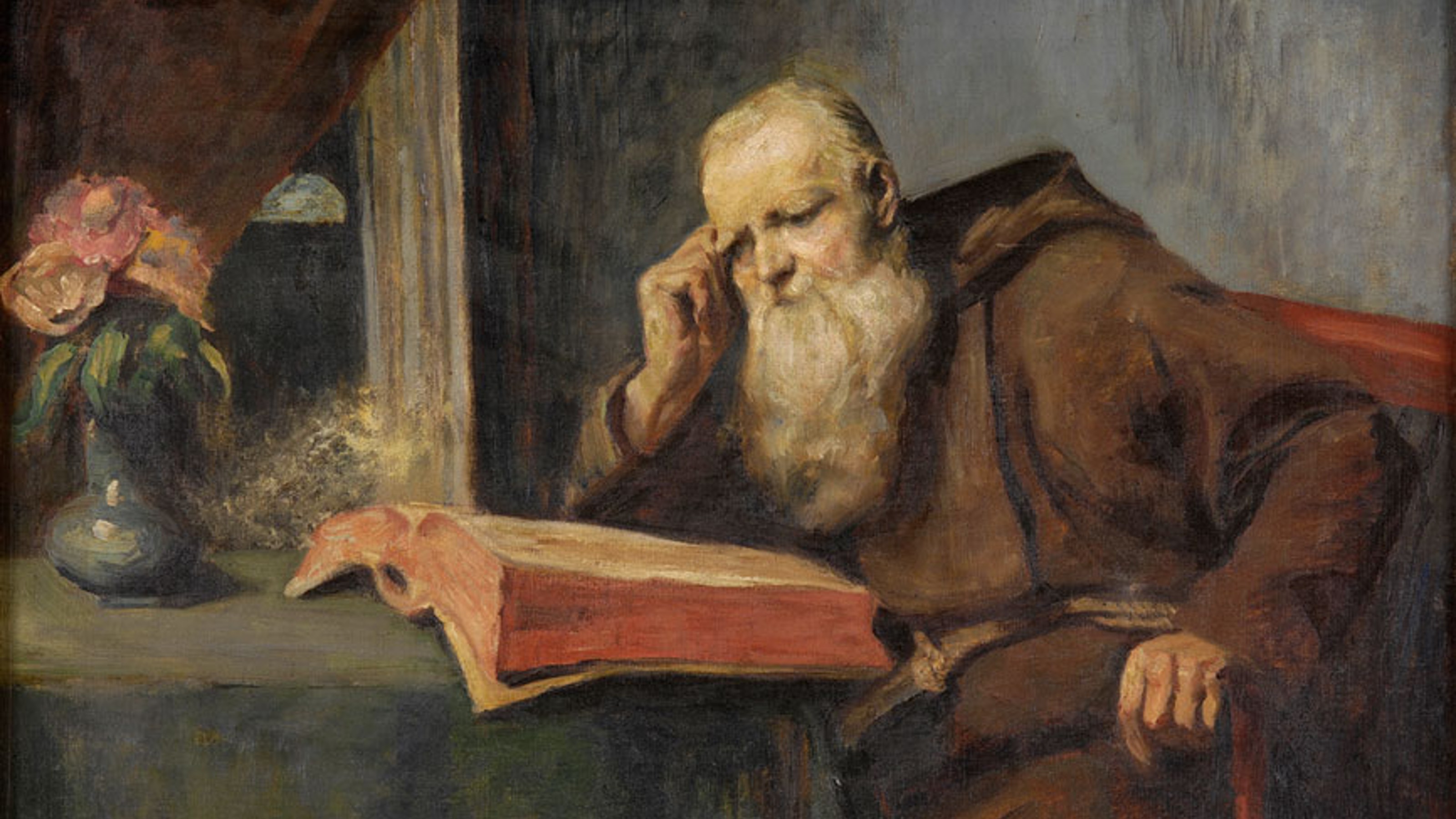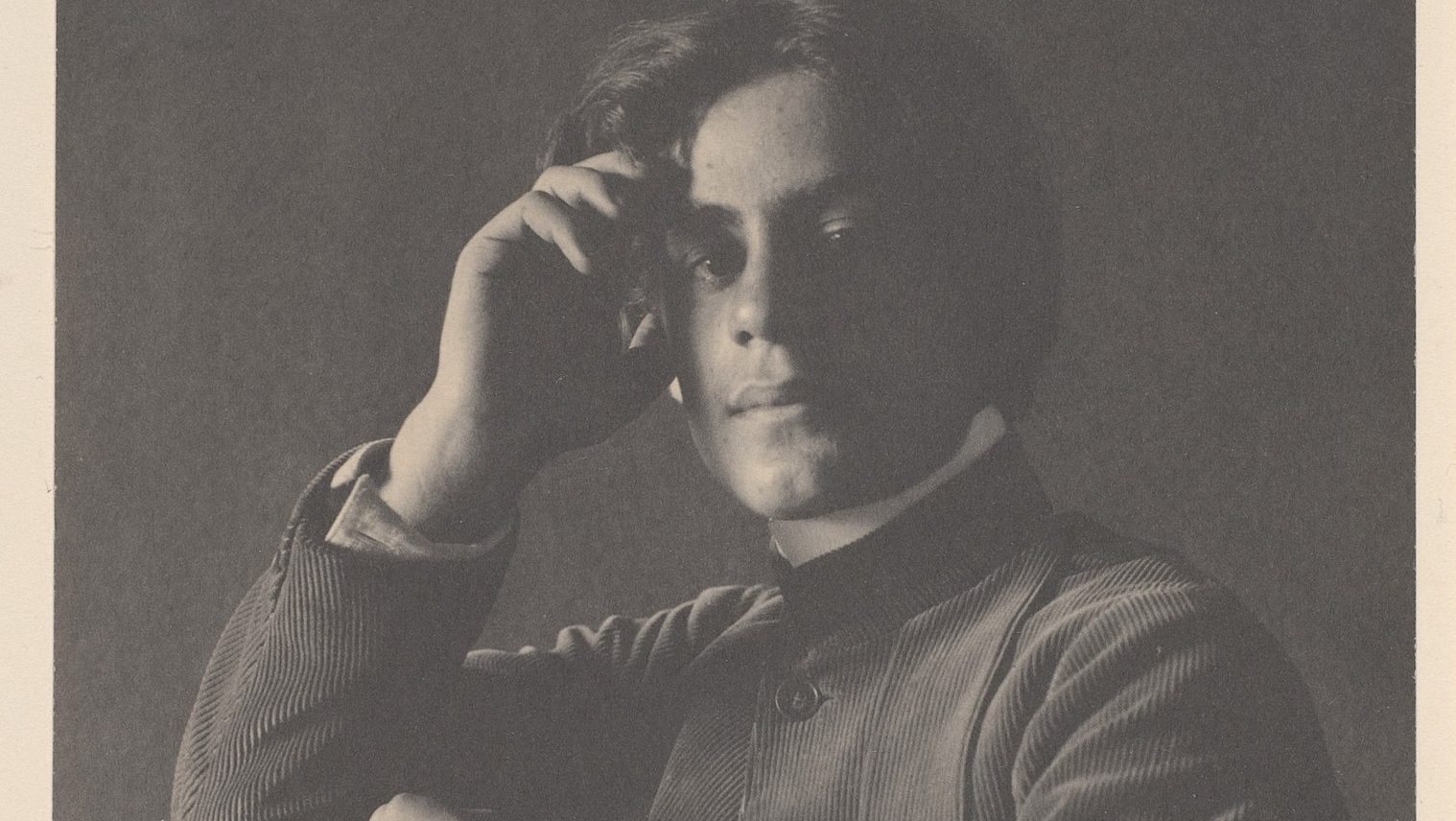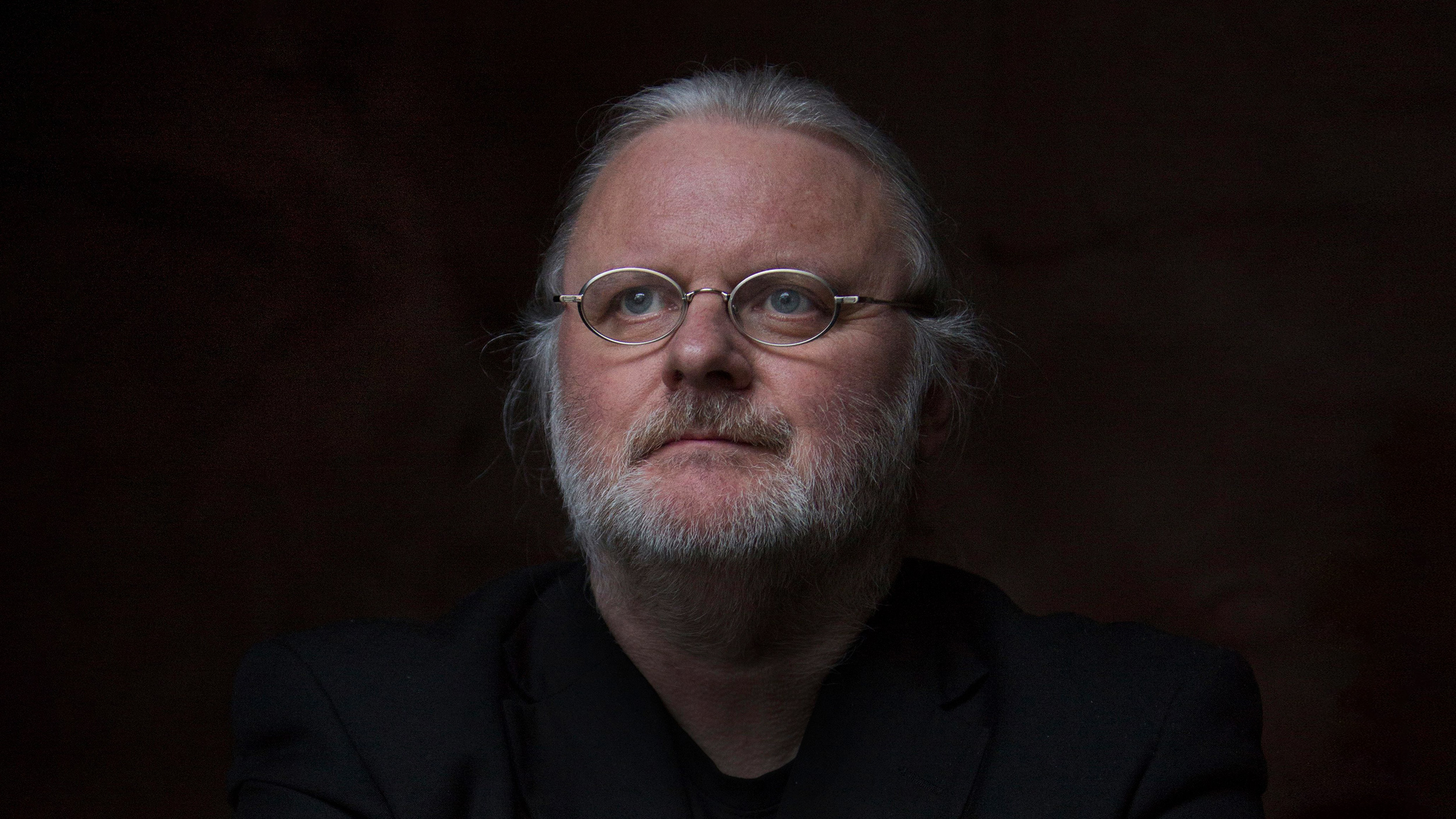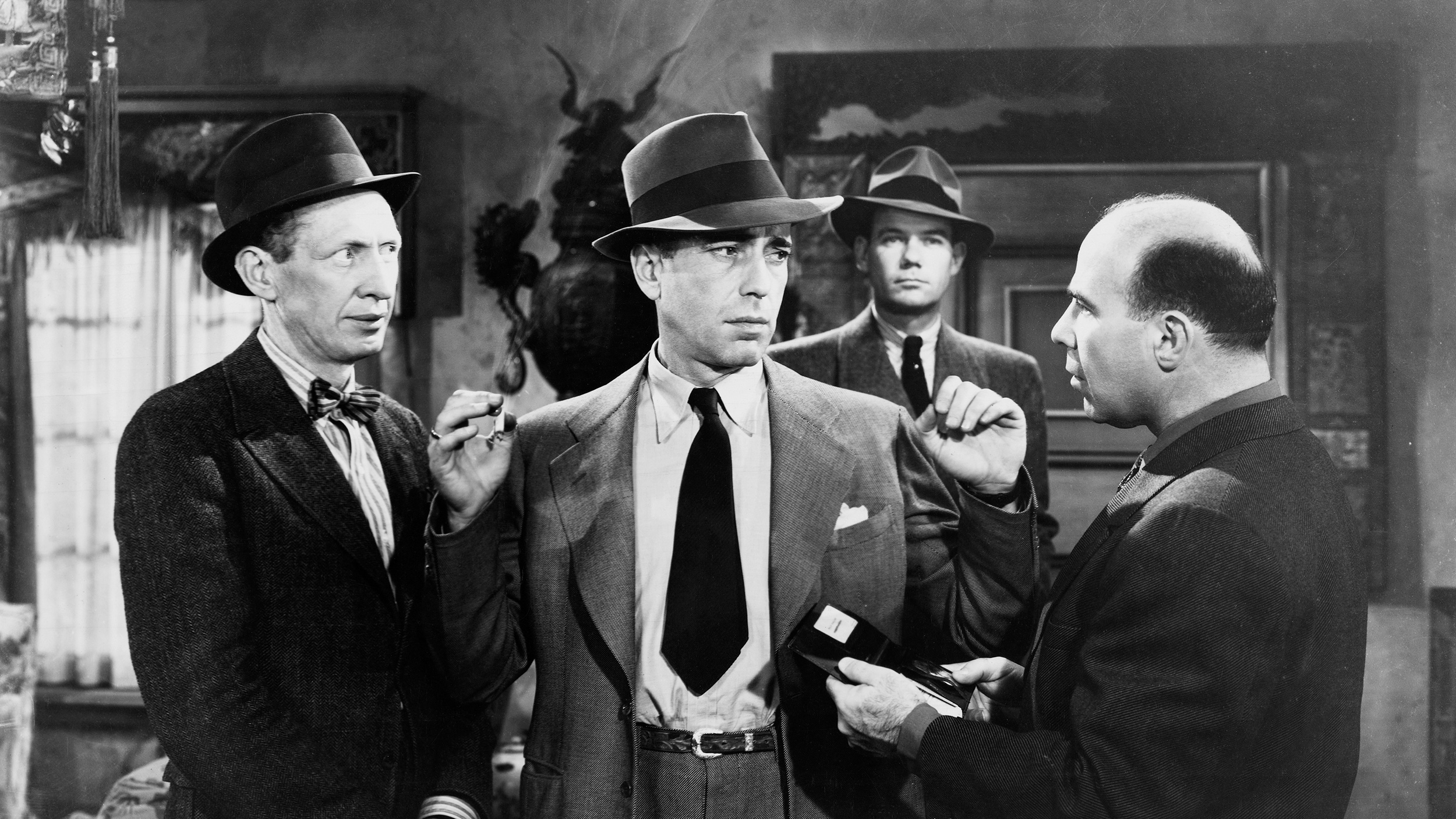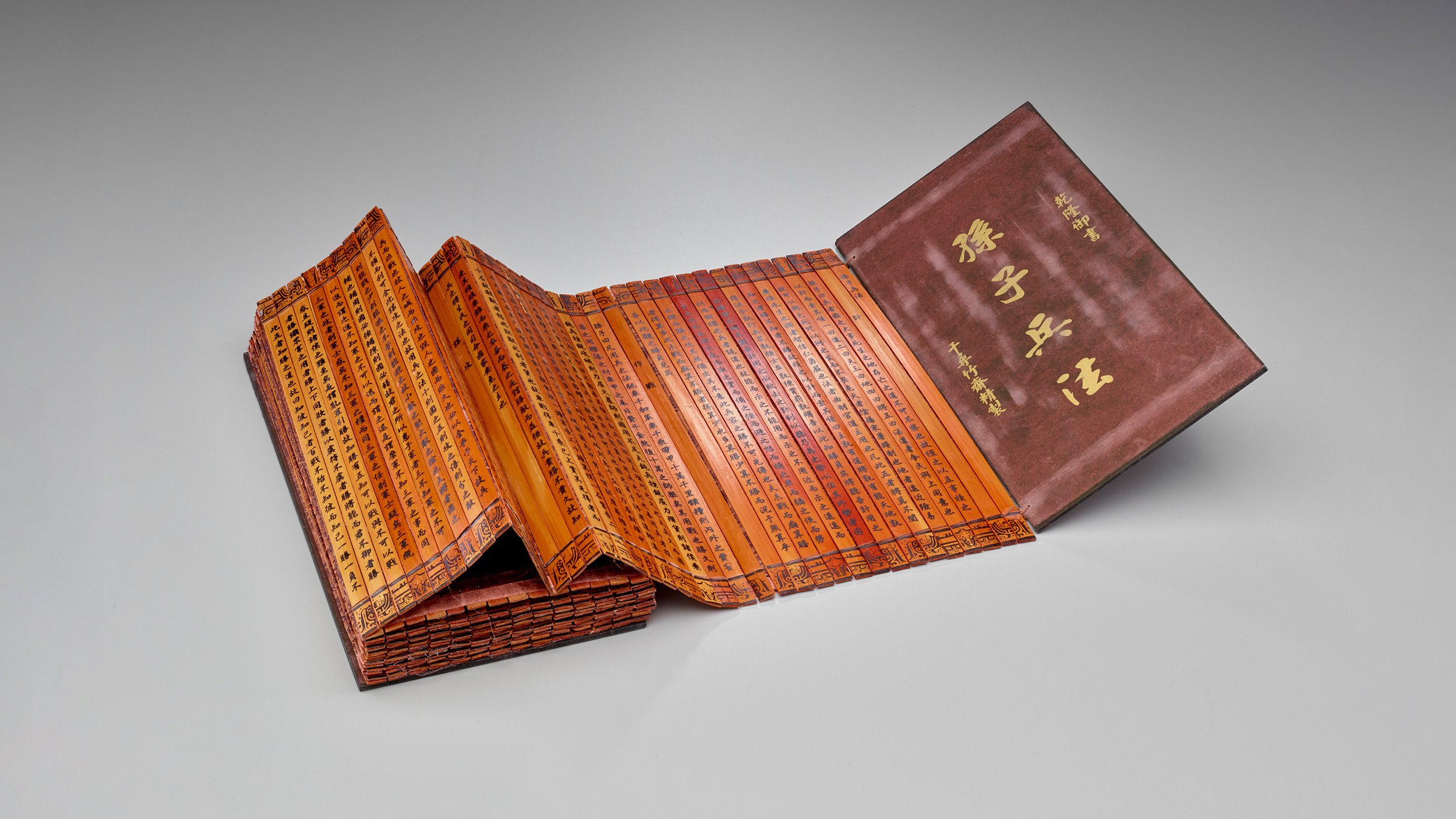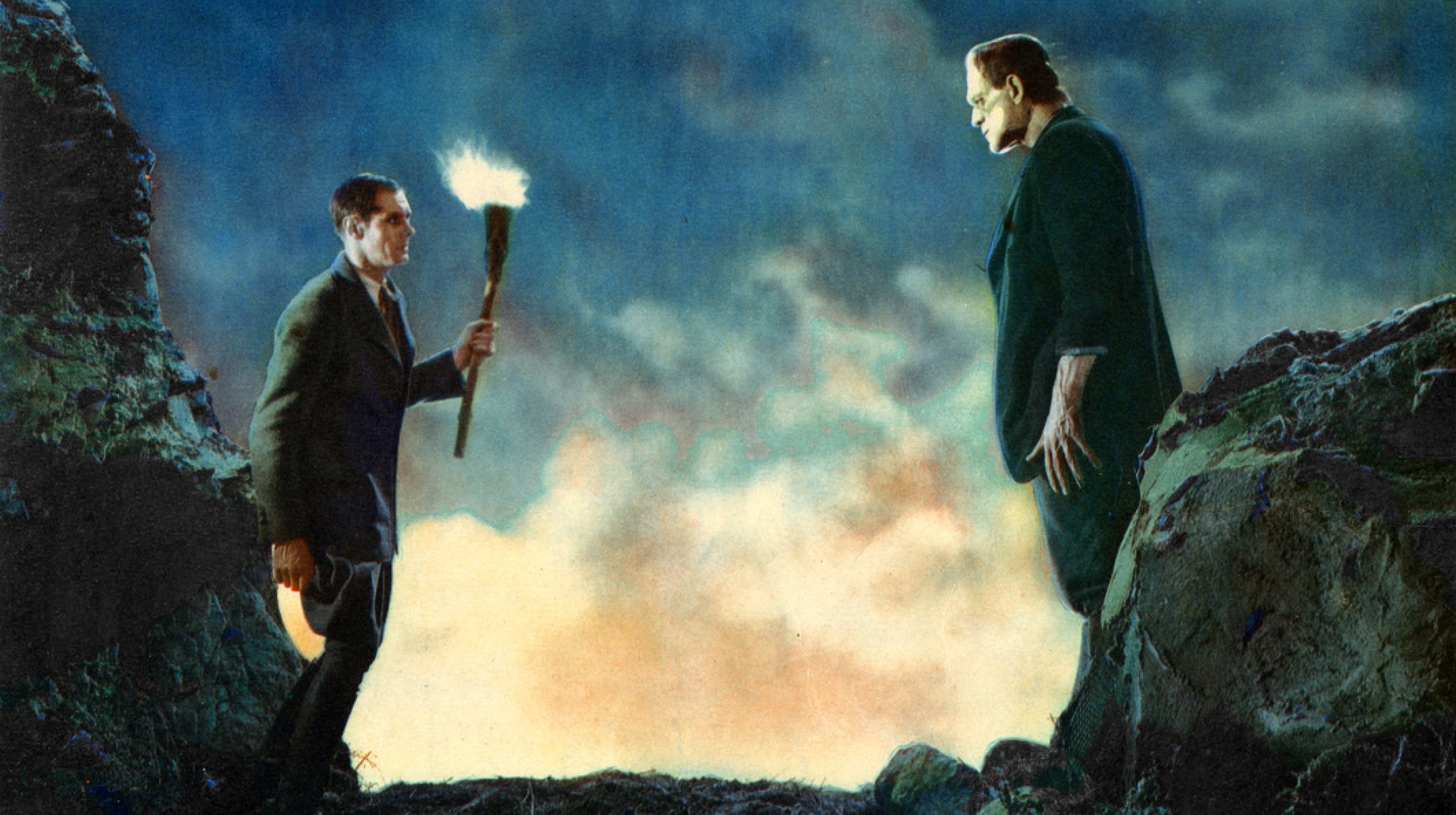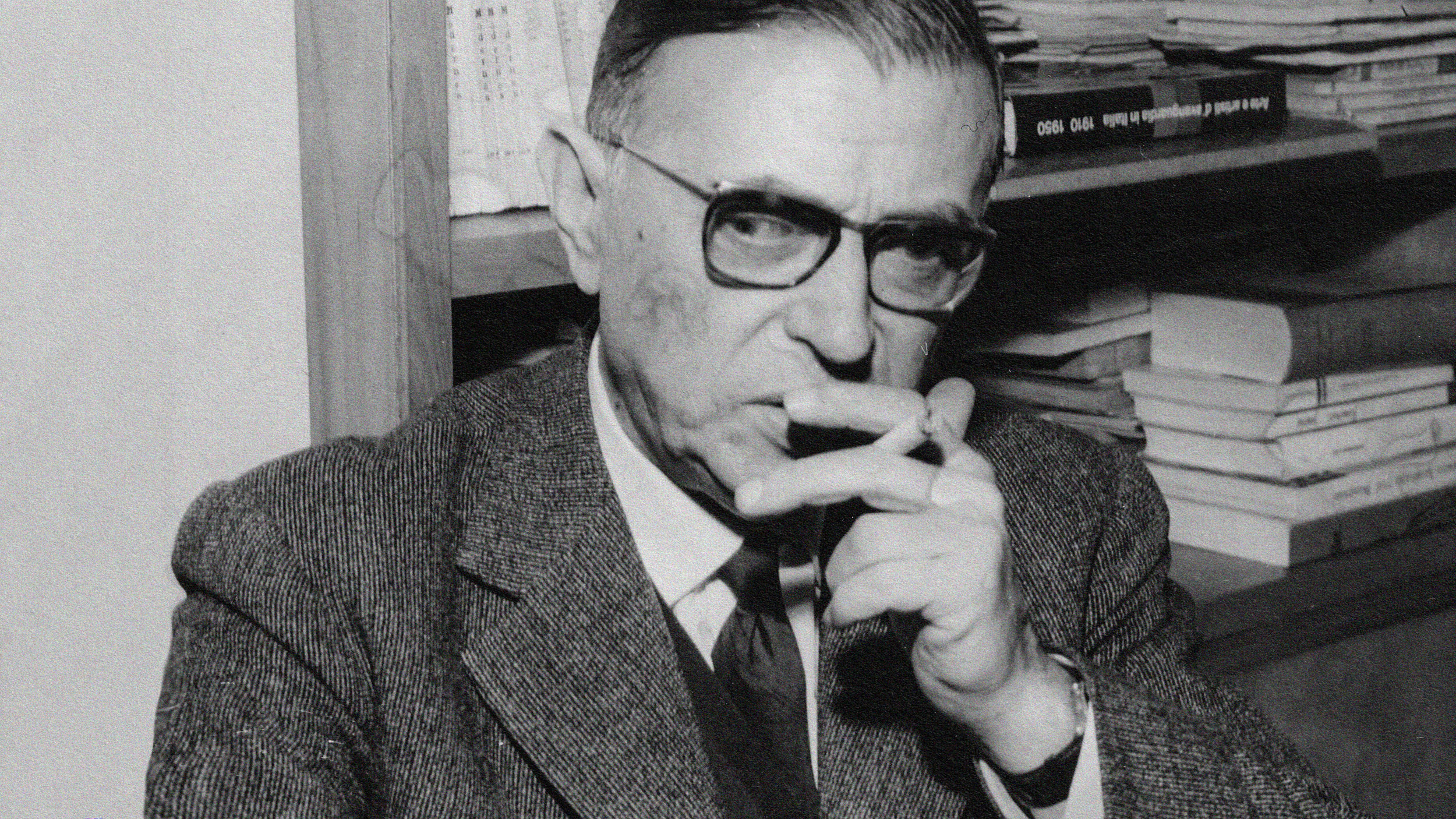Classic Literature
For J.R.R. Tolkien, the single most important element of a fairy tale was the dramatic reversal of misfortune in the story’s ending.
Many beloved fantasy adventures take place in worlds that bear a striking resemblance to our own.
From Einstein to Twain, Garson O’Toole investigates the truth behind your favorite — and often misattributed — quotes.
“Isn’t it enough to see that a garden is beautiful without having to believe that there are fairies at the bottom of it too?”
While weltschmerz — literally “world-pain” — may be unpleasant, it can also spur us to change things for the better.
From Nick Carraway to Charles Marlow, these side characters offered truths their scene-stealing protagonists couldn’t.
The fellowship’s journey through Middle-earth mirrors the modernization of the English countryside.
Japanese thought can’t be easily characterized by just a few books — but this essential guide is a great place to start.
Step back from the AI maelstrom and explore Lem’s “Summa Technologiae” for a detached look at technology’s role in human evolution.
Joseph Campbell argued that nearly every myth can be boiled down to a hero’s journey. Was he right?
NuqneH! Saluton! A linguistic anthropologist (and creator of the Kryptonian language, among others) studies the people who invent new tongues.
The Trojan War was fought in Finland and Ulysses sailed home to Denmark, says one controversial theory.
Parents will sometimes use children as weapons in their relationship battles — and the fallout can be devastating.
When battles raged in ancient cities, their rocks blazed so brightly that they could be reoriented according to Earth’s magnetic field.
How to say, “In many ways, Proust is similar to Joyce” and get away with it.
These hard-to-finish books are still worth the effort.
From “The Castle of Otranto” to “The Lord of the Rings” trilogy, these books changed the literary landscape.
Narnia and early Middle-earth were pancake-esque — but their creators took differing views on de-globalization.
Today, the F-word is enjoying a renaissance the likes of which it hasn’t seen since, well, the Renaissance.
See the world through the eyes of a horse — or a cake pan.
Every successful leader can mine golden knowledge from the works of the Bard.
The history of hell doesn’t begin with the Old Testament. Instead, hell took shape in the 2nd century from Mediterranean cultural exchange.
Discover how the threads of myth, legend, and artistry have been woven together by storytellers to craft history.
He is only out-sold by William Shakespeare and Lao Tzu.
The world’s “most produced living playwright” wins out over other contestants, including Salman Rushdie and Margaret Atwood.
Want to write a time-travel story? Do so at your own risk.
Dive into China’s profound intellectual legacy through five seminal texts that have shaped millennia of thought.
Humanity is never fully in control of its creations. This lesson from Mary Shelley has remained relevant for over 200 years.
If you feel like you’re missing out on something bigger, you might be feeling saṃvega.
The One Ring has its own agency and sentience — and it opens up a wonderful philosophy of things beyond our comprehension.



